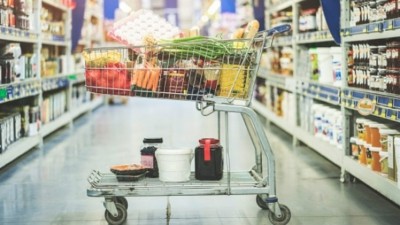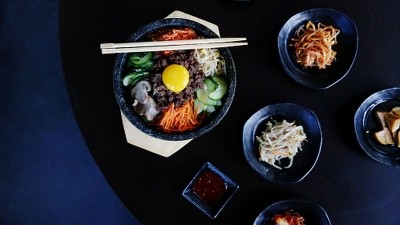Follow us
Product Innovations
Download the Brochure: APAC Agri-Food Innovation Summit
The Asia-Pacific Agri-Food Innovation Summit, anchor event for SIAW, unites over 1000 global leaders every year to accelerate climate resilience and nutrition...
Analyzing the unknown threat from Microplastics
Microplastics are any plastic-derived synthetic solid particle or polymeric matrix, ranging in size from 1 µm to 5 mm and insoluble in water.

























































